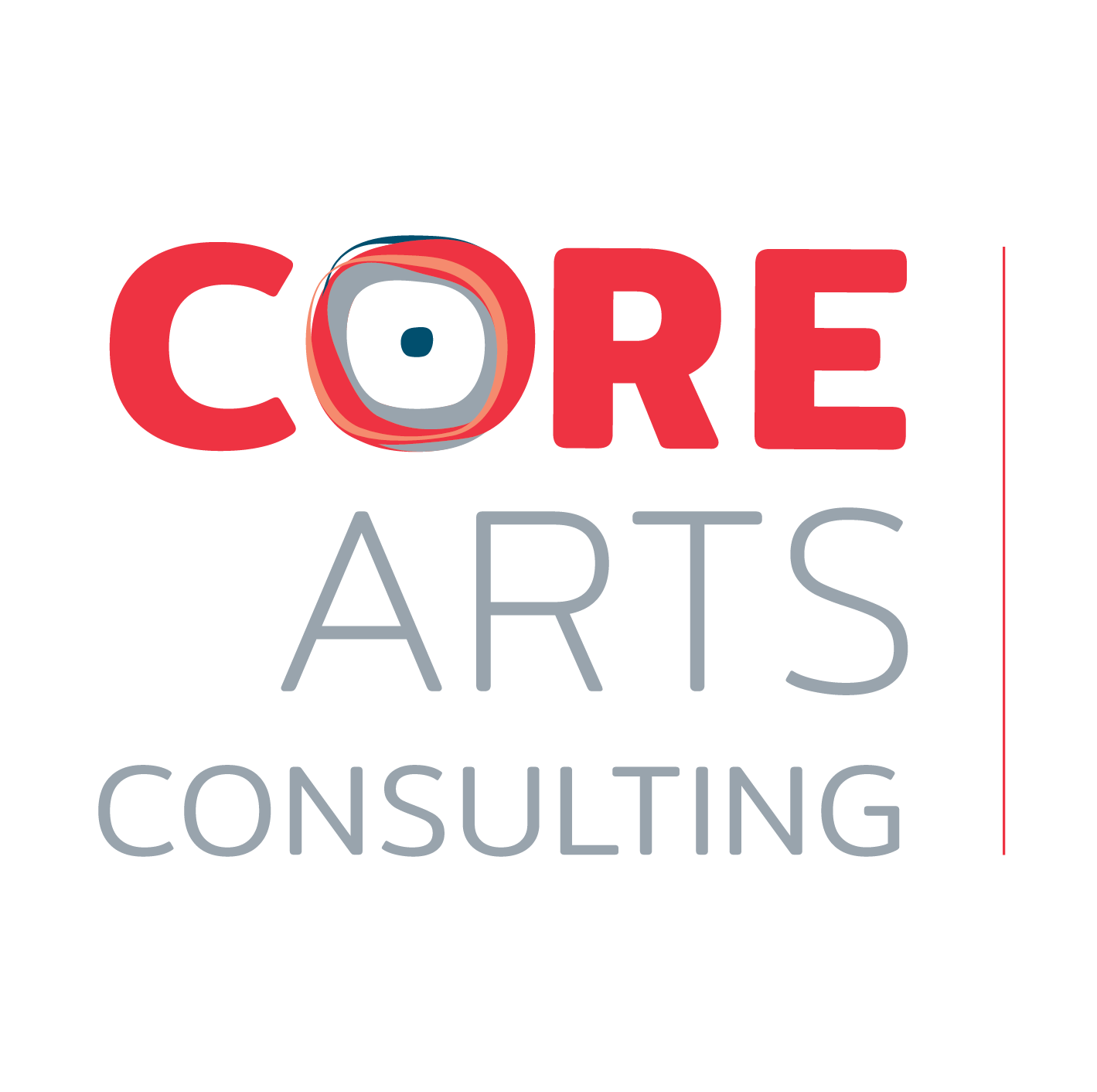We are thrilled to introduce you to music educator extraordinaire, Leslie Cannata Nance! She is a multi-talented teacher and artist who has a genuine commitment to her students’ growth and development as musicians. Leslie has a deep, profound love for the arts and it’s evident in her work and performances. Check out her interview to learn more about the passion that drives her work as an educator and how arts education has impacted her life.
Why is your art important to you?
Seeing students be successful when they have otherwise not gotten the opportunity academically is my greatest achievement. Sharing my passion of music with others of all ages is not a “job,” but a joy. I absolutely love the subject I teach! I practice what I preach! My students know that I love what I do, and they know they have the opportunity to be successful like me because I share with them! I create relationships with every single student with whom I come in contact.
What do you want your art to say?
Music is my life. I live and breathe music and performing – in any capacity. When I graduated from high school, I was faced with the decision of a) performing and making lots of money on Broadway or b) teaching the youth of America the importance of the performing arts. Obviously, I chose the latter. I have not regretted my decision to become a music educator one time! My students, ages 5 to 95, ALL know that I have a vested interested in them and want the best for them. I have worked with diverse school populations - at-risk students, high populations of impoverished families, special education – that require my constant attention to detail and a never-ending classroom based on relationship building.
What project are you working on now?
I am currently making the move from elementary music to secondary music - instrumental or vocal. I'm not quite sure what's in store for me in the near future, but I'm confident I will be the best!
Who is your favorite artist?
Oh, my goodness! There are too many to name and all for different reasons! To narrow it down to my top picks, though: 1. I absolutely love Bach and his attention to the musical elements in his compositions. 2. I'm a HUGE fan of The Who because of the lyrics and the drive in their sound. 3. Have any of you ever just spent time listening to The Red Hot Chili Peppers? I could go on FOR HOURS! 4. We would need to have drinks and brunch for 9 days about The Beatles.
How has arts education impacted your life?
How has it not? I live and breathe performance education. These children are our future, and I'm making that happen because of the interest my educators showed in me.
_______________________
Biography:
Leslie Cannata Nance has been performing since she was a small child. With dedication and a lot of hard work, Leslie was given full scholarships to several universities to study music education. Leslie truly lives out her dream job every single day teaching children the love of music and performance. Leslie was hired before her college graduation in Pasadena Independent School District at Richey Elementary School as the Music Coordinator and Choral Director. Here, Leslie was awarded First Year Teacher of the Year. After a move to north Houston in 2009, she became the Music Coordinator and Choral Director at McFee Elementary School in Cypress-Fairbanks Independent School District. At McFee, Leslie revolutionized the music department, as she was the third music teacher hired when the school had been opened for only two years. In May of 2018, Leslie accepted a position as music coordinator at Willbern Elementary School in CFISD. In her first 3 months at this campus, she has implemented grade level performances and a choir, both of which were absent in years previous. Leslie gives every student in her classroom the opportunity to perform, as she feels this is one of the most important aspects of elementary music education. When Leslie is not teaching public school, she spends her time teaching private voice, piano, strings, and drama.
Leslie welcomes your questions and comments and has many resources she wants to share with you for free (including original musicals)! She can be contacted by email at leslie.nance@cfisd.net












